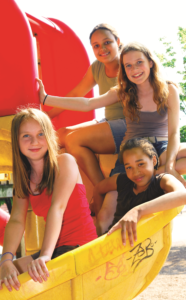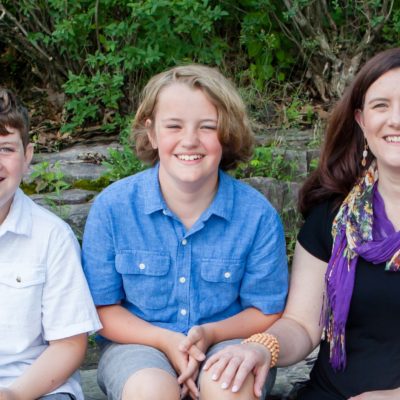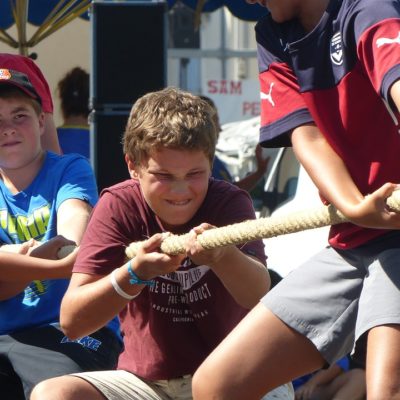 Countless songs, movies, and books pay homage to the adventures and exciting transitions that summer break ushers in for teens and tweens. Unfortunately, risk-taking also heats up in the summer. Studies show that first-time use of alcohol, tobacco and marijuana peaks during the summer months. More free time and less adult supervision increases the likelihood of exposure to substances and use initiation. Substance use is detrimental to brain development, particularly in the realms of learning, memory, impulse control, and regulating emotion. Every year substance use is delayed during the period of adolescent brain development, the risk of addiction and substance abuse decreases. Set your adolescent up for success by providing safe & exciting activities, reasonable boundaries, and monitoring based on trust.
Countless songs, movies, and books pay homage to the adventures and exciting transitions that summer break ushers in for teens and tweens. Unfortunately, risk-taking also heats up in the summer. Studies show that first-time use of alcohol, tobacco and marijuana peaks during the summer months. More free time and less adult supervision increases the likelihood of exposure to substances and use initiation. Substance use is detrimental to brain development, particularly in the realms of learning, memory, impulse control, and regulating emotion. Every year substance use is delayed during the period of adolescent brain development, the risk of addiction and substance abuse decreases. Set your adolescent up for success by providing safe & exciting activities, reasonable boundaries, and monitoring based on trust.
Consider the following strategies to ensure your kid stays safe all summer long:
-
Make your no-use expectations clear. Some families found that drawing up a contract with clear no-use expectations, and what the consequences will be if the contract is violated, helpful.
-
Monitor their activities. Always know where they are, who they are with, and what they are doing.
-
Make connections. Monitoring is best when done together. Learn next how to build connections with other parents so you can all work together to help keep your children safe.
-
Lock it up. Keep alcohol and other substances, like prescription medications, stored securely and out of sight.
-
Stay in touch. Find ways to check on your kids when you are not around, either with phone calls, text messaging or through a neighbor dropping by. Drop in occasionally, unannounced. The occasional surprise visit lets your children know you could stop by at any time.
-
Provide opportunities for safe risks. Risk-taking behavior is part of normal youth development. It can help a young person build confidence and strengthen decision making skills. Some examples include trying a new sport or creative activity (specialty camps are plentiful this time of year), trying sleepaway camp for the first time, using free time to volunteer or take on a project that requires learning a new skill, traveling, learning a new language, getting a summer job or even a scary movie! Encourage your adolescent to use downtime to explore opportunities that test their boundaries in healthy ways.
For tips & support all summer long join our ParentIN Meet-Up series facilitated by Centerpoint counselors.







